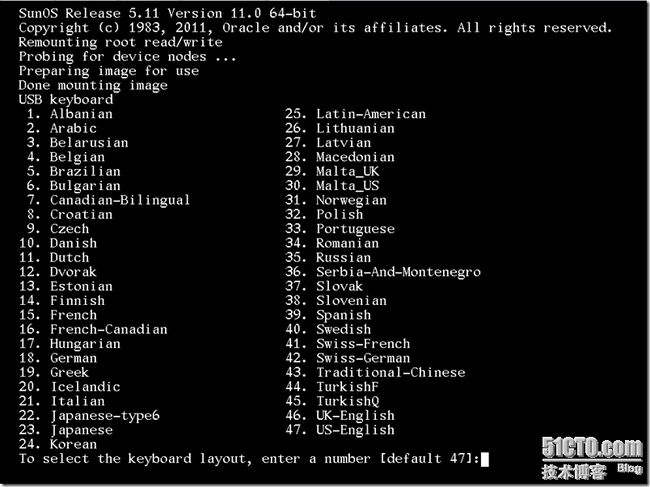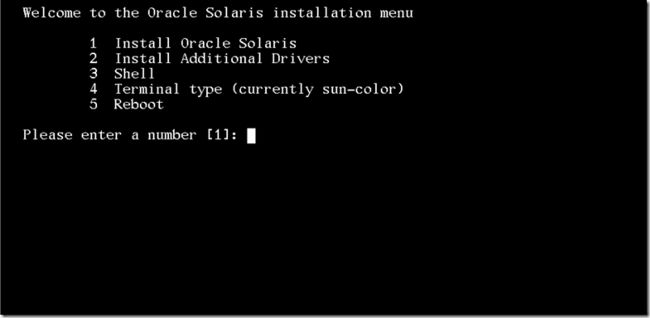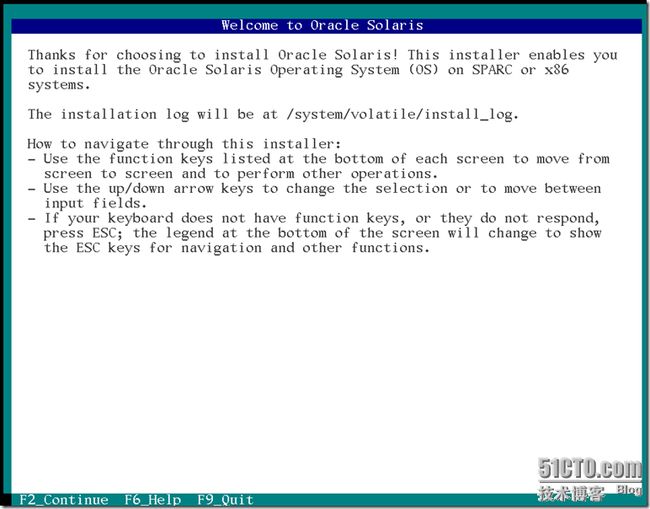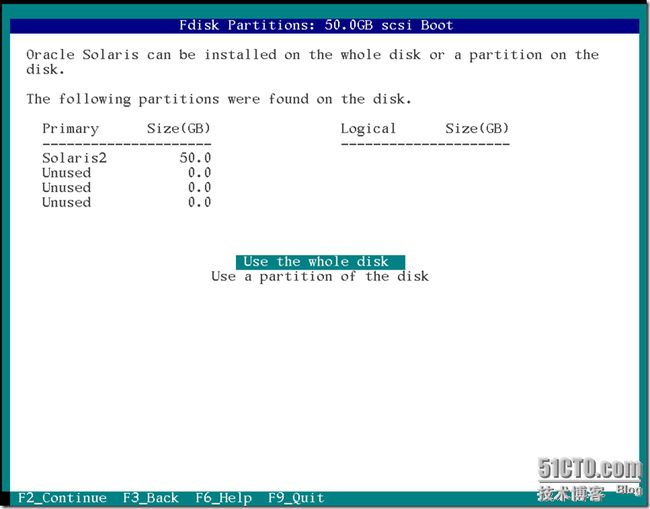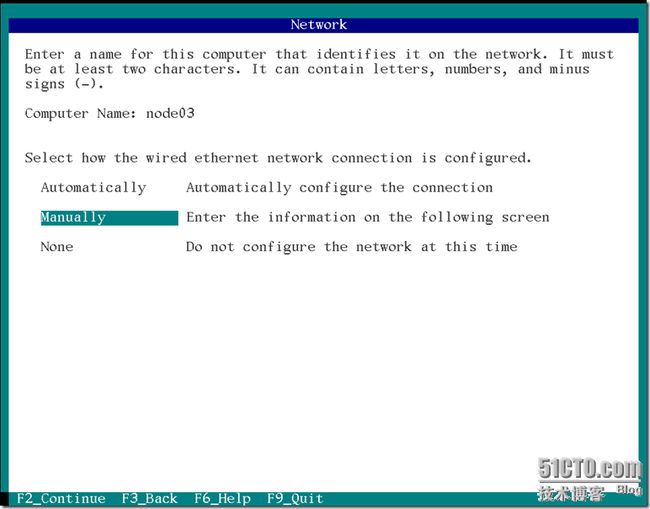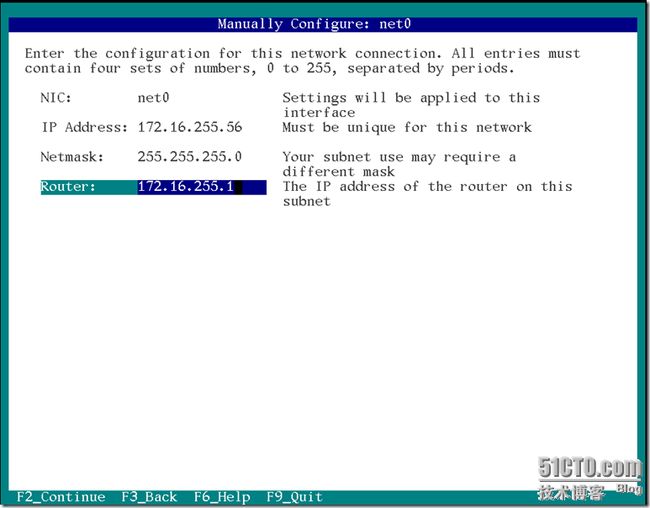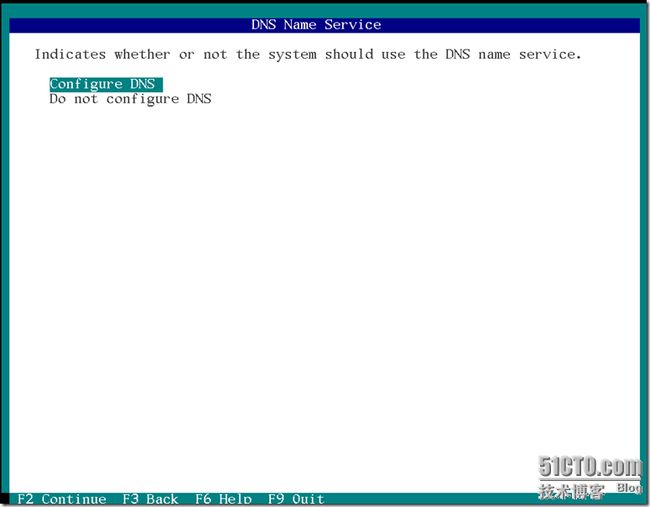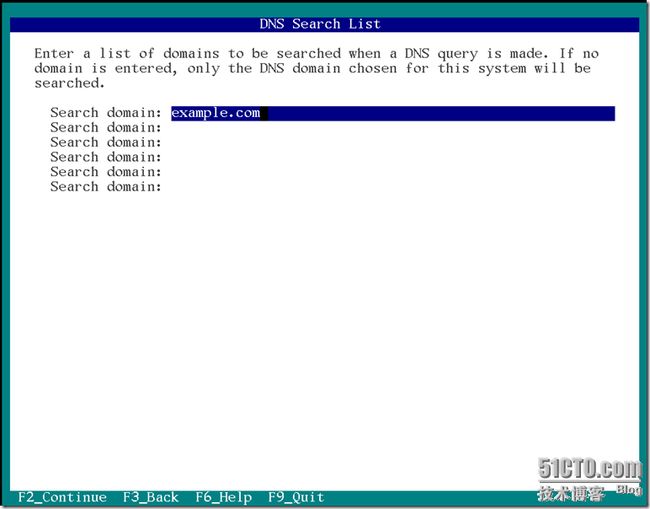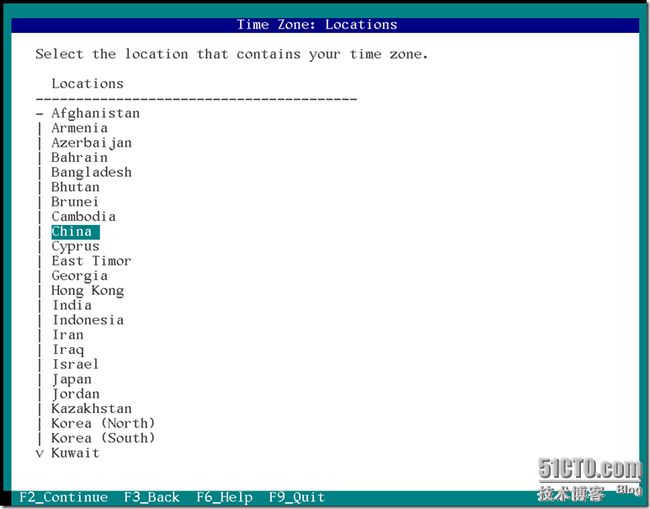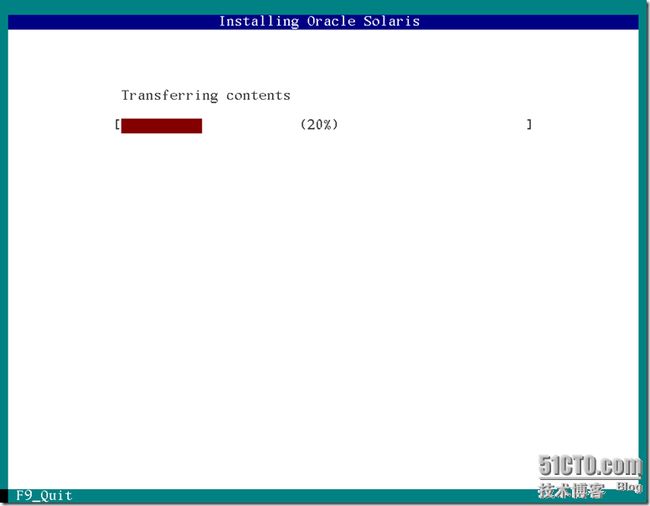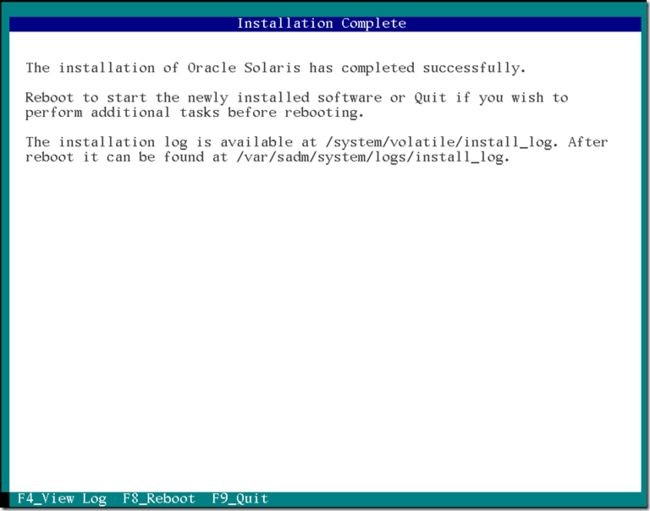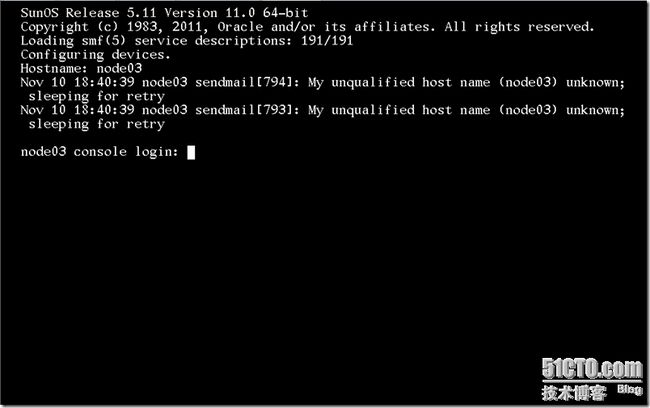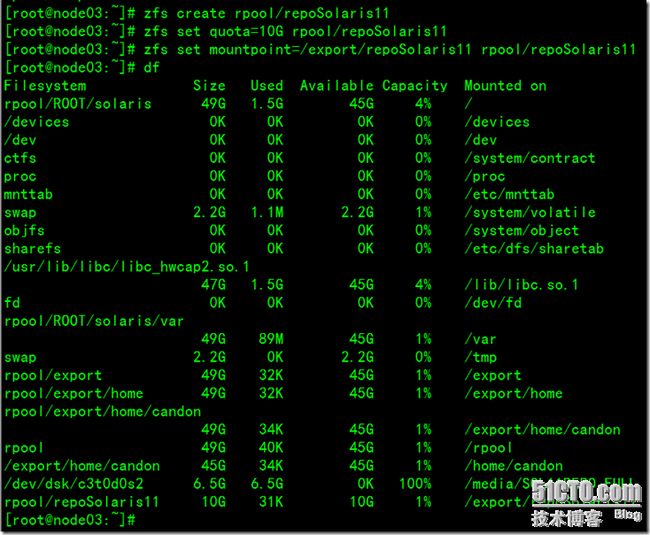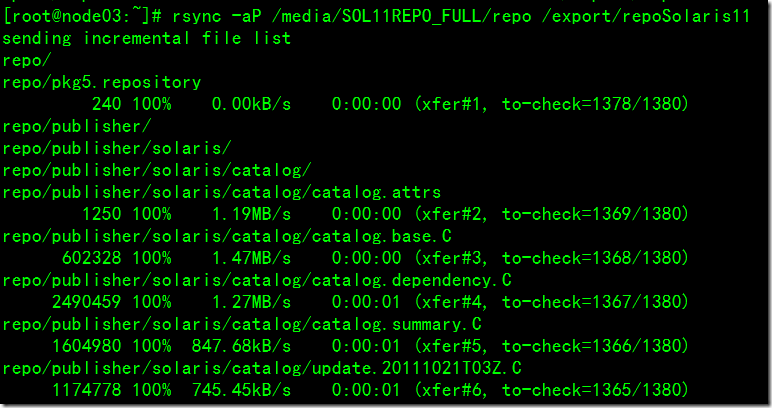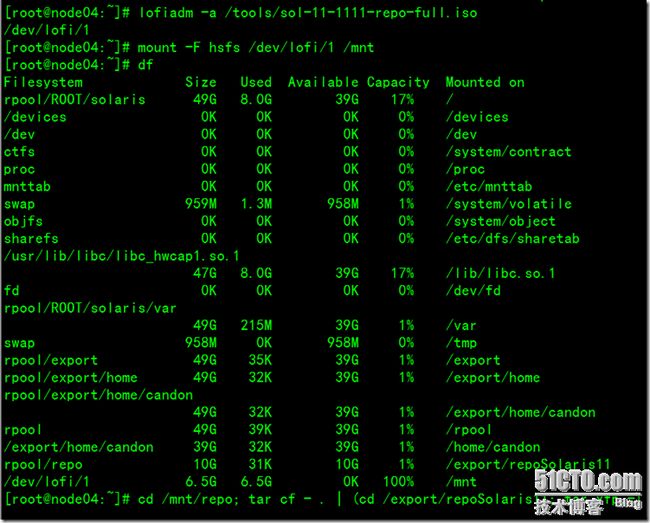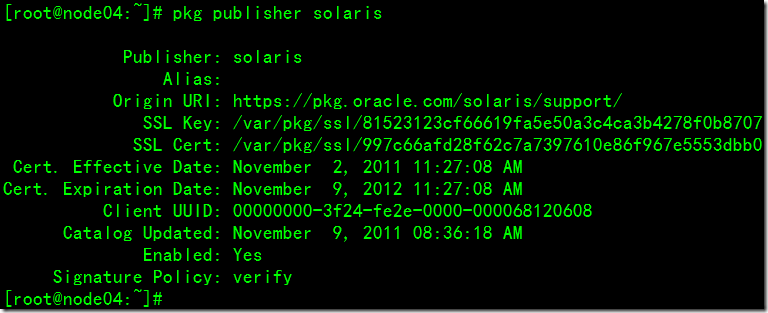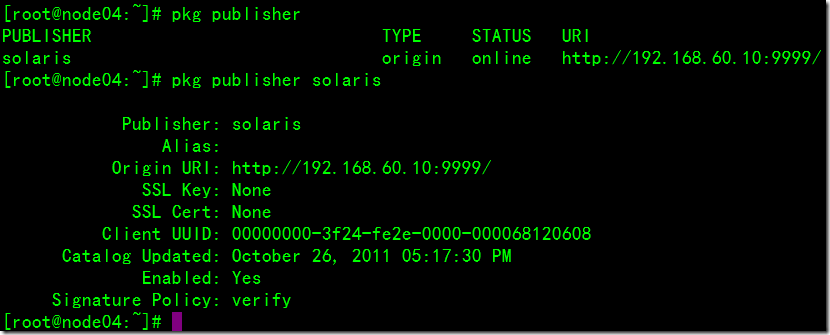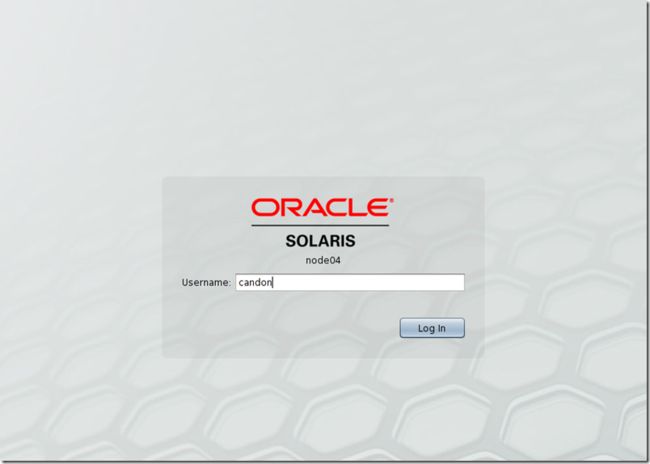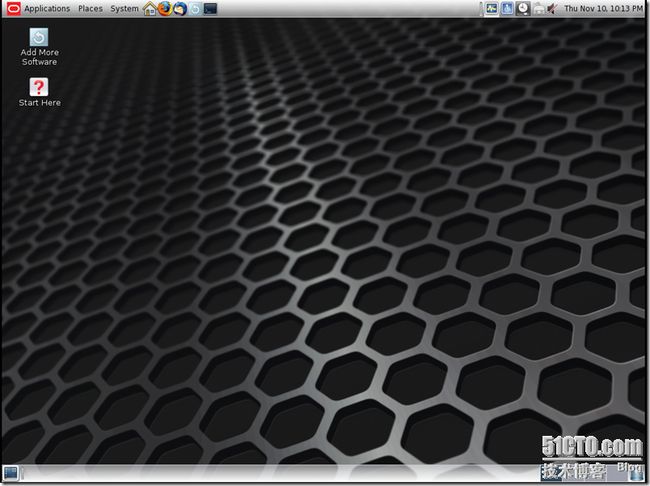This article will show you following topics:
How To Install Oracle Solaris 11
Copying and Creating Oracle Solaris 11 Package Repositories
Exploring package repositories using IPS on Oracle Solaris 11
Setting up a Solaris 11 Local Package Repository
Adding and Updating Oracle Solaris 11 Software Packages
Setup Gnome Desktop Environment
Before you install,you must download following iso files from oracle websites:
i).Solaris 11 Installation iso file:sol-11-1111-text-x86.iso
ii).Oracle Solaris 11 11/11 Repository Image:
sol-11-1111-repo-full-iso-a.zip
sol-11-1111-repo-full-iso-b.zip
After Creating Oracle Solaris 11 Package Repositories then you can add or remove package.
Use following command-line instructions to create a full ISO p_w_picpath:
On Linux Or Unix:
On Windows:
Solaris 11 Installation:
1.Boot your machine from solaris 11 media:
2.Select the keyboard layout:
3.Select default system language:
4.Select “Install Oracle Solaris”:
5.Welcome page,enter “F2”to continue:
6.Discovery system present disks:
7.Create Partitions:
By default,solaris 11 use zfs filesystem,so select “Use the whole disk”.
8.Setup hostname Network:
9.Setup DNS Name Service:
10.Setup Time Zone:
11.Create a user account and Define root password:
If you don't create any nomal user,you won't login to the system.By default,system deny root user to login.In solaris 11,user's password must have 6 characters at least .
12.Installation Sumary:
Installing process:
After installation,enter “F8”to reboot your machine:
Grub interface:
System Console:
Copying and Creating Oracle Solaris 11 Package Repositories:
1.Create a destination to save package repositories:
2.Copy the Repository Files:
If you use the rsync command, be sure to specify /media/SOL11REPO_FULL/repo(with no trailing slash character) and not /media/SOL11REPO_FULL/repo/. if you want to copy the repo directory and not just the files and subdirectories in the repo directory.
Using the tar command as shown in the following example can be a much faster way to move the repository from the the lofi mounted file systemto a ZFS file system.
3.Build a Search Index:
Exploring package repositories using IPS on Oracle Solaris 11
Before you begin, you must download following Oracle Solaris 11 Support Certificate files from here.
Using pkg command to display Publisher Information:
1.Create a directory inside of /var/pkg to store the key and certificate:
![]()
2.Using following command to add the publisher:
3.To see the packages supplied by this publisher, try:
After that,using pkg command to display Publisher Information again:
Adding and Updating Solaris 11 Package:
By default,you can't use desktop session,so i'll install gnome package:
Shit,this process is too slow.
Setting up a Solaris 11 Local Package Repository
The /application/pkg/server is not enabled by default in a fresh Solaris 11 installation.You can use following command to display:
Change pkg/server properties“pkg/inst_root”value to your local copy of the repo folder and the port number to an unused port 9999:
Enable pkg/server:
To start using this repository, we will need to set the client up to point to this repository.
change default repository:
Now,you can use your local repository to install packages,it's very faster than you use oracle online repository:
Setup Gnome Desktop Environment
In a multiuser environment such as SunRay, a server provides the desktop environment to clients. The desktop environment provided to the clients can be optimized for better performance and usability. The optimizations for the desktop environment are available in the group/feature/multi-user-desktop p_w_picpath packaging system (IPS) package. You must install this IPS package to enable the optimizations for the desktop.
Install the group/feature/multi-user-desktop package:
After installation,you must reboot your machine,you'll see following view.But you can't use root user login directly.
That's all for this article!!!
For more information:
1.Oracle Solaris 11 Information Library
2.Setting up a Solaris 11 Express Local Package Repository
3.Creating a simple Solaris 11 IPS package



